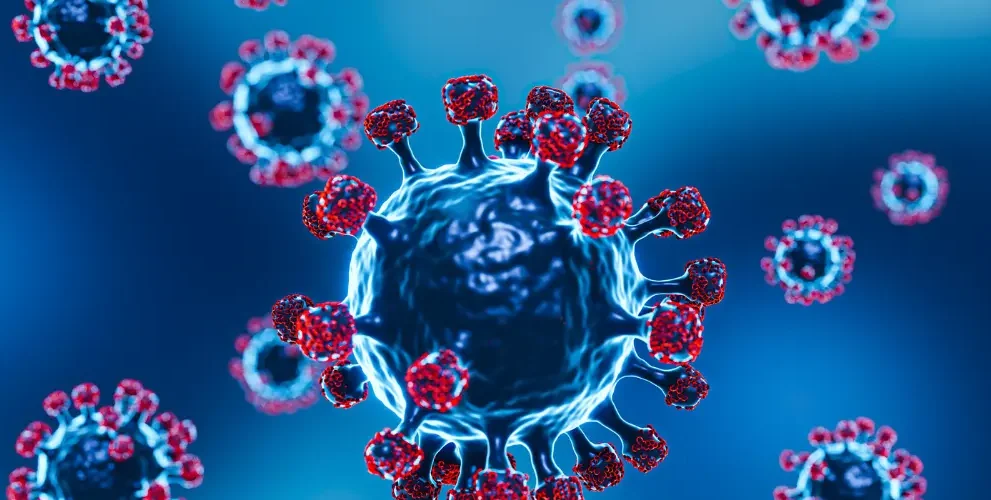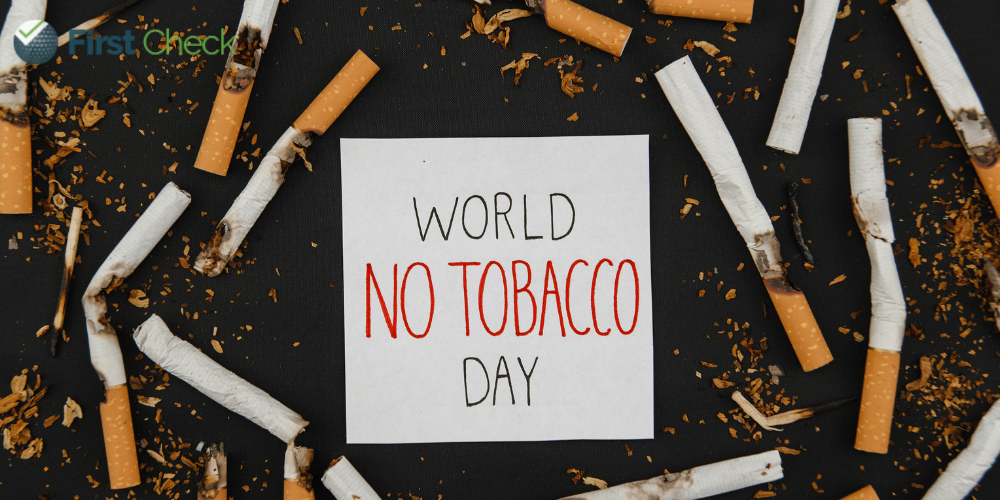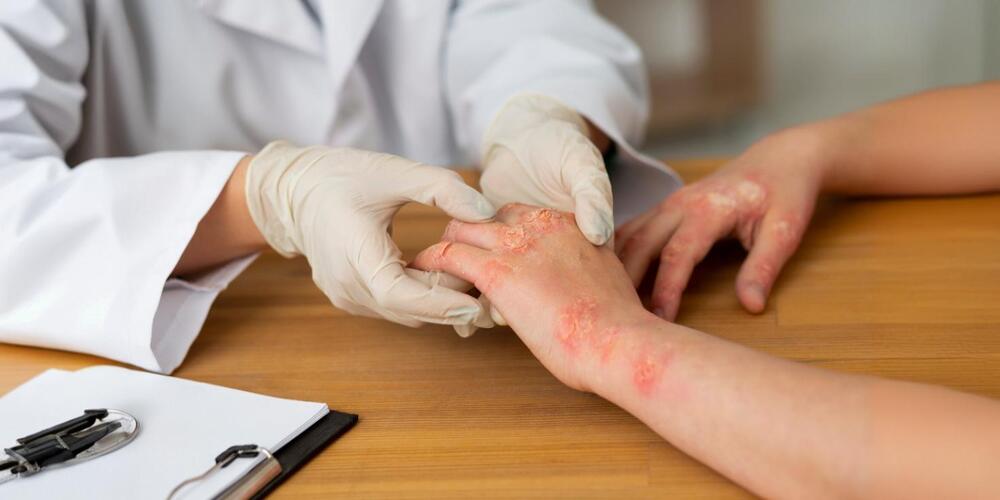COVID-19 pushes 100M into extreme poverty, global economy loses $22 trillion
One-third of IDA countries are poorer than before the pandemic, according to the Global Preparedness Monitoring Board's new report
Author
Author
- admin / 1 year

- 0
- 2 min read

Author
The global economy is projected to lose $22 trillion in output between 2020 and 2025 due to the pandemic’s impact, according to a new report by the Global Preparedness Monitoring Board (GPMB).
The report, The Changing Face of Pandemic Risk, in its chapter “Social and Economic Equity” released today says COVID-19 caused close to 100 million more people to fall into extreme poverty and one in three International Development Association (IDA) countries have become poorer than before the pandemic.
GPMB, an initiative supported by the World Health Organization and the World Bank, tracks the drivers of pandemic risk and oversees global preparedness.
“The long-term costs of the pandemic are manifested in increased public debt, the impact of reduced investment in education and health care as fiscal space has been constrained, and ongoing disruptions to global supply chains,” the report said. “In many countries, investments in strengthening resilience and social protection made during the COVID-19 pandemic are being rolled back, increasing the vulnerability to future shocks. Only 39% of the working-age population would be covered by a social health protection scheme if the next pandemic hit us tomorrow.”
It added: “Constrained resources leave poorer countries more vulnerable to pandemics simply because they have less to invest in health systems and pandemic prevention and preparedness. This cycle of vulnerability is compounded when these countries are further financially squeezed in the aftermath of a pandemic. But rich countries should not believe that their wealth alone protects them from pandemics. Within-country inequality fuels vulnerability.”
Quoting eighteenth-century Scottish philosopher Thomas Reid observation that a chain is only as strong as its weakest link blaming the inequality for the spread of the disease.
“Those left behind economically are less able to adopt public health and social measures to contain epidemics,” the report said. “Inequity leads to sustained pockets of uncontrolled transmission in vulnerable groups, allowing the virus to evolve and new variants to emerge, resulting in continuing waves of transmission across the entire population.”
Also read: FACT CHECK: 3 COVID era conspiracies make a comeback with mpox – First Check









